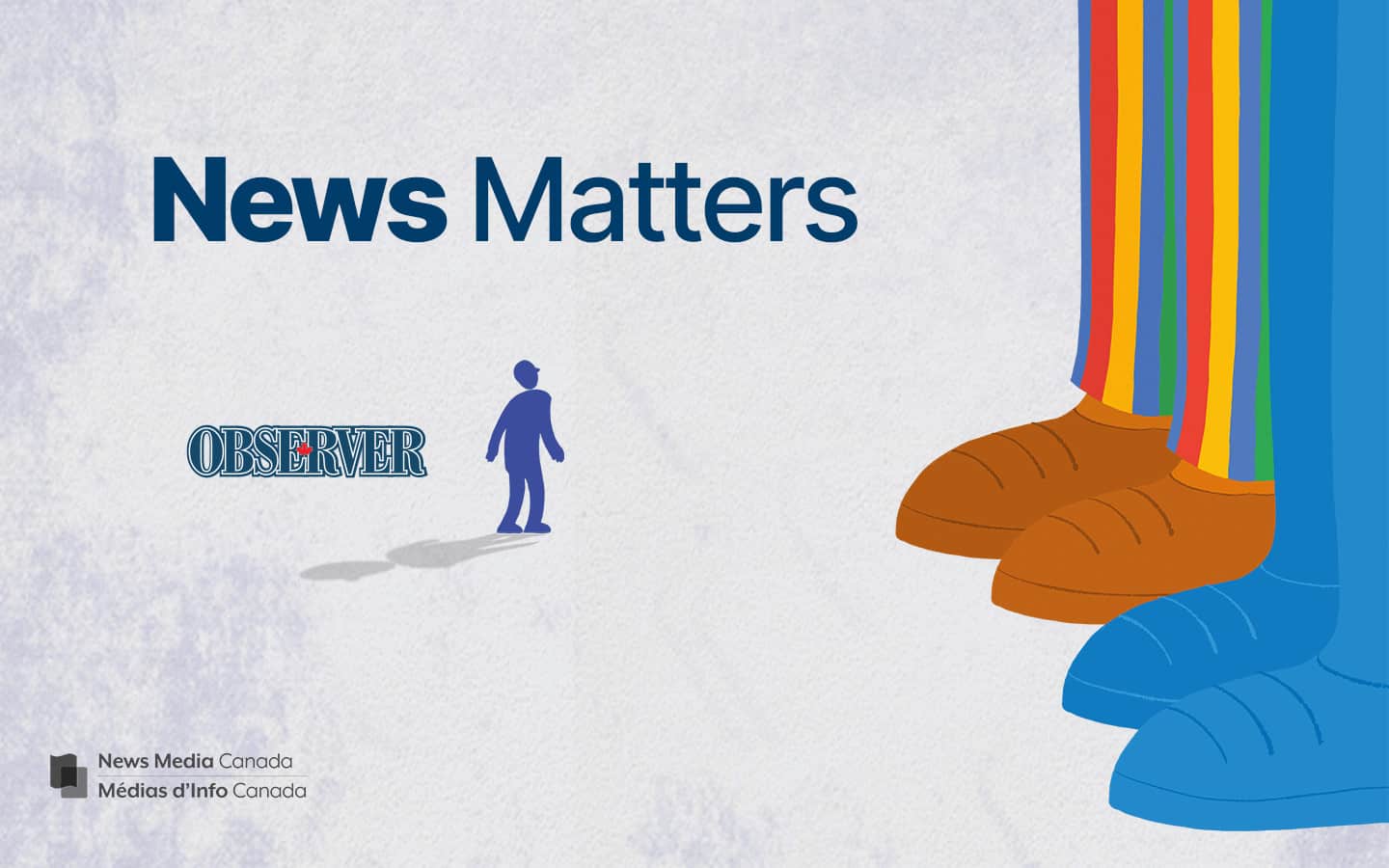With the advent of web giants like Google and Facebook, the surviving Canadian newspapers are also threatened with extinction due to the dramatic loss of advertising revenue that largely funds their newsrooms. According to News Media Canada, Google and Facebook alone manage to capture approximately 80% of digital advertising revenue in Canada.
This situation is poles apart from classic economic models dating back to the 18th century. The forces of supply and demand could then set prices, since many producers competed to attract consumers by offering their products at the lowest possible price. In Adam Smith’s theoretical model, an “invisible hand” ensured that competition would provide consumers with products at the lowest possible cost. However, the problem with Google and Facebook today is that they have achieved such efficiency that healthy competition is no longer possible. High start-up costs and powerful economies of scale make them what economists call a natural monopoly that virtually allows them to be the only providers of their services.
Canada provides many examples of natural monopolies, especially in sectors such as energy, transportation and communications. Governments have already acted to limit their power. In the case of Manitoba, for example, Manitoba Hydro, until recently, had to defend its rate increases before the Public Utilities Board, which reviewed the Crown corporation’s proposals and set the rates it could charge customers.
Australia has decided to counter the immense monopoly power of the web giants by establishing its own regulatory regime. News Media Canada, the organization that represents hundreds of newspapers across the country, has drawn on this regime in formulating its proposals. Newspapers across the country would band together to negotiate compensation for the use of their content. A federal digital media regulatory agency would oversee digital platforms that would be required to negotiate licenses for that content. And if negotiations fail, the agency would summon the parties in order to reach binding arbitration.
News Media Canada’s proposals have the advantage of not requiring any direct government subsidy, a subsidy that would result in additional public spending and which, moreover, could lead some to question the independence of newspapers.
Of course, in the cases of Google and Facebook, the issues go far beyond consumer protection and the needs of the corporation, as illustrated by the Manitoba Hydro example. Because the reader is called upon to act as a citizen, that citizen needs to have access to reliable sources of information about local, national and international news, especially in an age of disinformation and fake news.
This is why, faced with this central issue, the federal government would be well advised to implement the proposals put forward by News Media Canada in order to counteract the weight of the web giants. Because, to remain legitimate, it is incumbent upon the federal government to ensure the proper functioning Canada’s democratic institutions.








